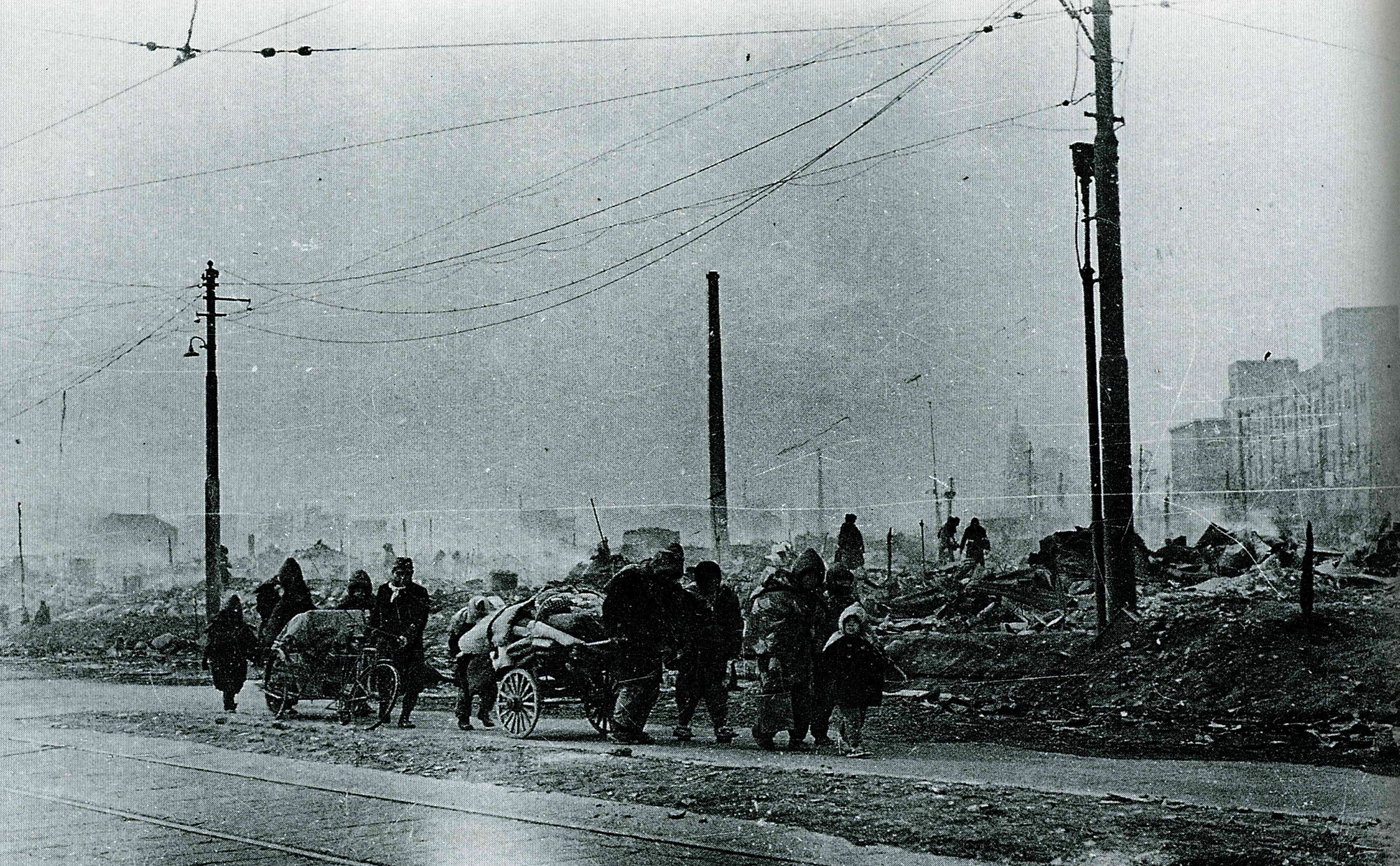The virtual seminar will be held from 12:30 to 2:00 p.m. (E.T.)
Global/transnational history emphasizes connections between nations, and this includes how ideas and practices of war and the role of civilian populations in wartime have moved around the world and been put to work by various countries over time. This presentation reports on a collaborative project exploring how the circulation of military and political knowledge and practices culminated in systematic attacks on civilians and the defensive creation of home fronts. It looks in particular at the evolution of types of warfare that targeted the enemy’s civil population, focusing on aerial bombardment, and civil defense against it; food blockades, and home front campaigns to ration food; and efforts to demoralize enemy civilians, while boosting morale at home. It connects transnational lessons of the Russo-Japanese War, World War I, and smaller wars that led to the assault on cities and food supply in 1939-45 that serve to connect Japan’s long World War II in China/Asia-Pacific with that in Britain, Germany, France, the United States, Italy, the Spanish Civil War, and Soviet Union.
About the speaker:
Sheldon Garon is Nissan Professor of History and East Asian Studies at Princeton. A specialist in modern Japanese history, he also writes transnational/global history that spotlights the flow of ideas and institutions between Asia, Europe, and the United States. He is currently writing a history of the global war on civilians and the creation of home fronts from 1905 to 1945, focusing on aerial bombardment, food blockades, and civilian morale. A related publication is On the Transnational Destruction of Cities: What Japan and the United States Learned from the Bombing of Britain and Germany in the Second World War (2020)
